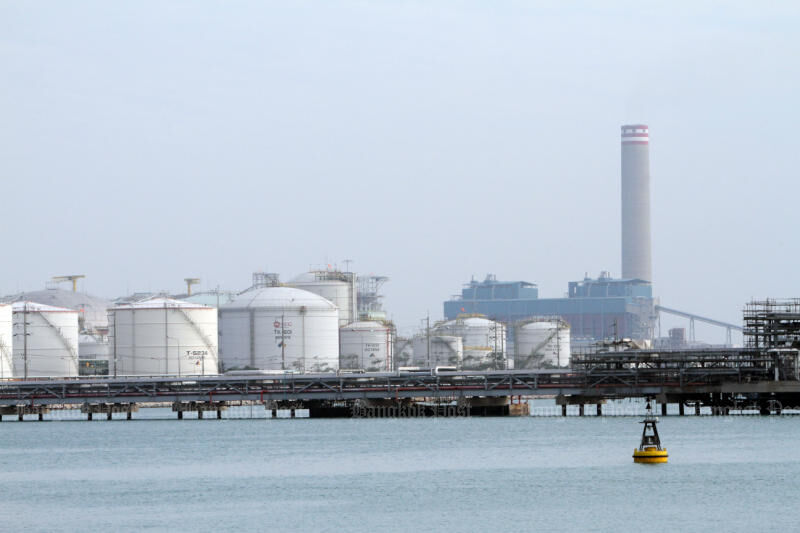Thailand’s manufacturing sector sees slump for 16th month

Thailand’s manufacturing sector witnessed a prolonged slump for the 16th month in January, as the country’s key economic pillar grapples with dwindling domestic and overseas motor vehicle sales, according to information released by the Industry Ministry. The year-on-year decline of 2.94% in the sector fell short of the anticipated 5.1% fall predicted in a Reuters survey and followed a revised 4.66% slump in December.
This downturn was primarily triggered by a reduction in auto production, marking the sixth consecutive month of slowdown, taking into account both domestic sales and exports, as stated by the ministry. Being the second-largest economy in Southeast Asia, Thailand plays a regional role as an auto assembly and export centre, hosting Japanese manufacturers such as Toyota and Honda.
Warawan Chitaroon, the head of the Office of Industrial Economics (OIE), attributed the stunted production to skyrocketing household debt during a briefing. This debt situation impacts broad domestic consumption and business investment decisions.
As of the end of September 2023, Thailand registered one of the highest ratios of household debt in the region, standing at 16.2 trillion baht (US$451 billion) or 90.9% of the gross domestic product (GDP), reported Bangkok Post.
The issue of loan sharks is prevalent among families with low incomes who are unable to secure bank loans, leading many individuals to be ensnared by debt with exorbitant interest rates. In response, the government is enacting new measures to tackle debt.
On a brighter note, the economy has received a boost from inbound tourism and government initiatives aimed at enhancing consumption. The ministry remains optimistic, projecting that factory output will experience a rise of 2% to 3% this year, following a 5.11% contraction last year.
Industrial products make up approximately 80% of total exports, which saw a 10% year-on-year increase in January, the highest rate in 19 months. However, Warawan pointed out that these heightened exports did not reflect new production, attributing the rise to destocking.
Latest Thailand News
Follow The Thaiger on Google News:


























